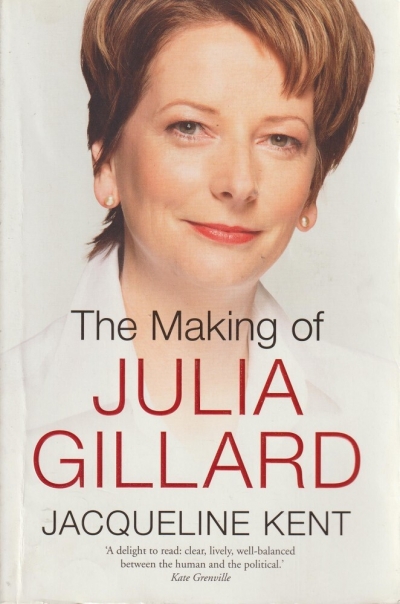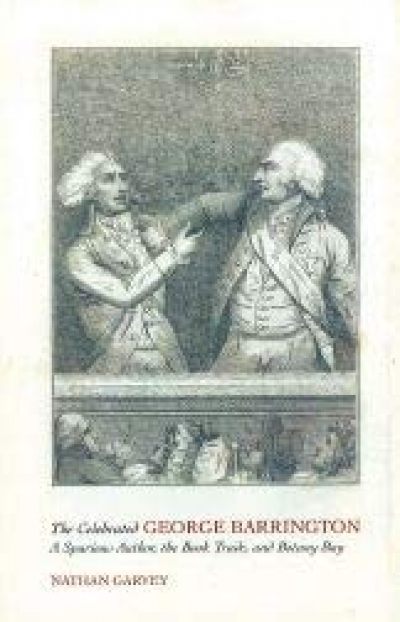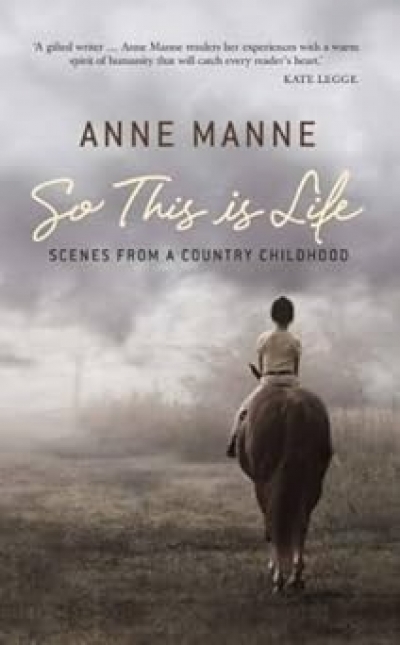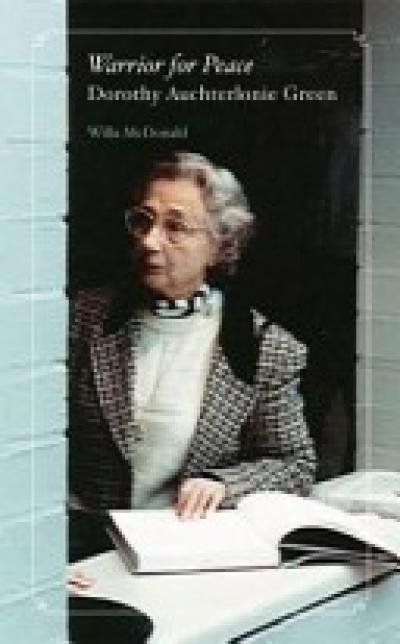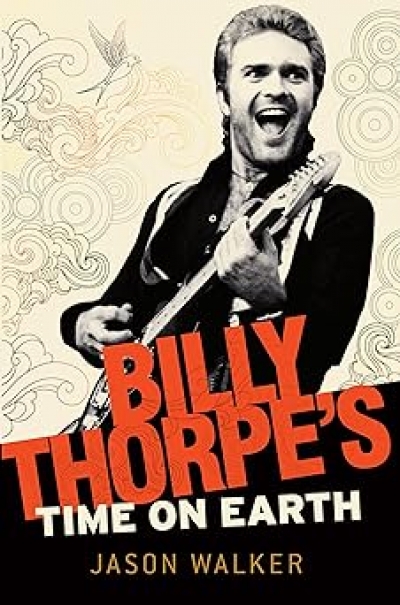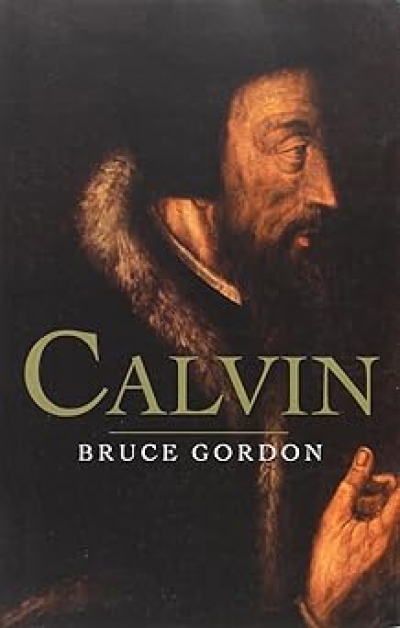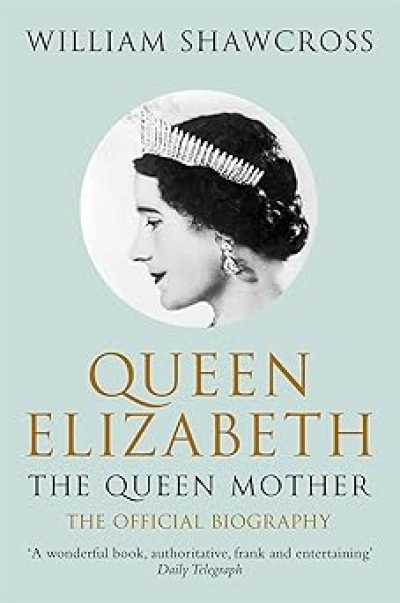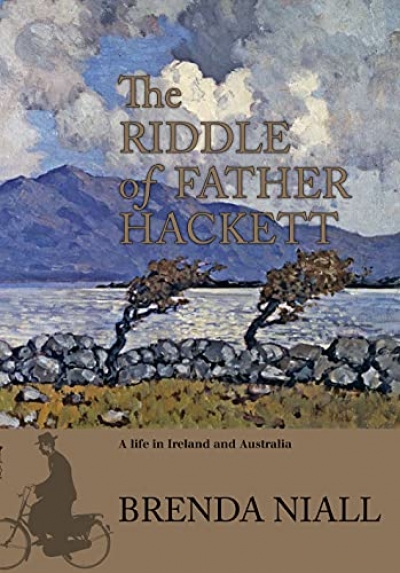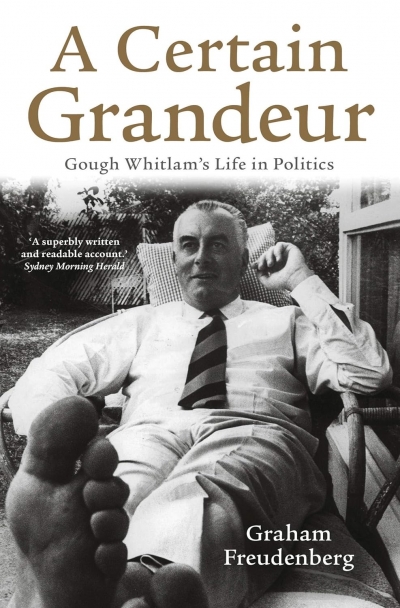Biography
The Celebrated George Barrington: A Spurious Author; The Book Trade, And Botany Bay by Nathan Garvey
by Suzanne Rickard •
So This Is Life: Scenes From A Country Childhood by Anne Manne
by Gillian Whitlock •
Warrior For Peace: Dorothy Auchterlonie Green by Willa McDonald
by Brigid Rooney •
Calvin by Bruce Gordon & Political Grace by Roland Boer
by Bruce Mansfield •
Queen Elizabeth: The Queen Mother: The Official Biography by William Shawcross
by Barry Everingham •
The Riddle of Father Hackett: A life in Ireland and Australia by Brenda Niall
by Morag Fraser •
House Of Exile: The Life and times of Heinrich Mann and Nelly Kroeger-Mann by Evelyn Juers
by Michael Morley •
A Certain Grandeur: Gough Whitlam’s life in politics by Graham Freudenberg
by Jenny Hocking •

